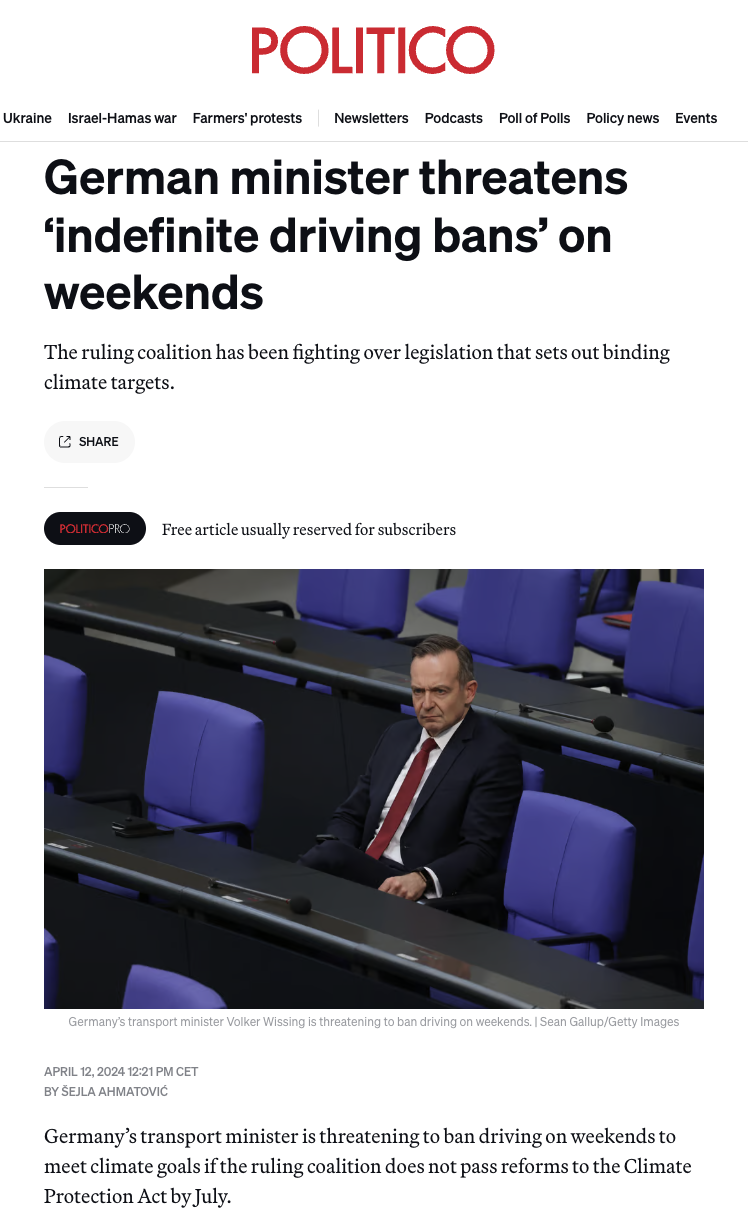The tagline for the Jan. 27 conference — titled “Laudato Si’ & Catholic Investing: Clean Energy for our Common Home” — came by way of the October 2015 statement issued by the heads of Catholic continental bishops’ conferences ahead of the COP 21 international climate change summit in Paris: “Put an end to the fossil fuel era, phasing out fossil fuel emissions and providing affordable, reliable and safe renewable energy access for all.”
Among the leaders who spoke were Cardinal Peter Turkson, head of the Vatican’s new dicastery for the Promotion of Integral Human Development, and Christina Figueres, the former executive secretary for the United Nations Framework Convention on Climate Change, along with:
- Mark Campanale, founder of the Carbon Tracker Initiative;
- Franciscan Sr. Sheila Kinsey, executive co-secretary for justice, peace and integrity of creation commission of the International Union of Superiors General;
- Lutheran Rev. Henrik Grape of Sweden from the World Council of Churches;
- Papua New Guinea Cardinal John Ribat, president of the Federation of Catholic Bishops’ Conferences of Oceania.
The experience of attending as a participant left me feeling surprised to see how far we have come in a few years, in our understanding and willingness to speak to the grave urgency of the climate crisis. Figueres was definitive on the need to ween the world off fossil fuels in the next few years. Though not often seen first as a Catholic, her call to metanoia was the sharpest and clearest of any of the speakers.
“This is a moral responsibility that we all share,” she said. “That moral responsibility, how are we going to ensure that it is achieved before it is too late for the most vulnerable? We need to align our moral compass … we need to be clear that fossil fuels kill.”
 It’s been four years since Pope Francis’ election. Help us continue to report about this pope and his vision for the church! Subscribe and save $10!
It’s been four years since Pope Francis’ election. Help us continue to report about this pope and his vision for the church! Subscribe and save $10!
Other speakers were also compelling with their words.
Cardinal Ribat said those on Pacific islands are facing rising seas on all sides. They are helpless in the face of this challenge, so even while they switch to renewable energy sources in their own lands, this effort must be taken up by us all, without delay, to protect all life.
Some of us at the meeting spoke about what it would take to bring clean renewable energy to those still without electricity and truly take responsibility for our brothers and sisters.
The discussion reminded me of something Veerabhadran Ramanathan, a climate scientist at the University of California-San Diego and member of the Pontifical Academy of Sciences, said during a Global Catholic Climate Movement webinar last summer marking the Laudato Si’ one-year anniversary. Ramanthan argued that if the top 1 billion people in the world each paid $150, those funds would cover the electricity needs of those who lack it (1 to 1.2 billion) or have intermittent energy (about 800 million).
Closer to home, one idea we came up with was advocating our local energy systems to quickly shift toward renewables sources. That level of engagement can often offer more impact than contacting state or federal representatives. A friend of mine who’s worked in this area said that just 15 minutes a week can make a real difference. I’ve contemplated making this a Lenten practice.
The work of Campanale and the Carbon Tracker Initiative has been critical in comprehending the situation. In his presentation, he said that while fossil fuel companies are projecting increases in fossil fuel usage in the next two decades, those forecasts don’t align with current energy demand, the increasing role of renewables and looming changes in energy. Studies show that to keep global warming below 2 degrees Celsius, only a third of existing fossil fuel reserves can be burned — and even less to keep average global temperature rise below 1.5 degrees, which was deemed necessary to protect those people on Pacific islands from losing their homes entirely to rising seas.
Campanale added that fossil fuel companies “need to wind down or be wound down in an orderly fashion,” but that we shouldn’t wait for them to talk about the future.
It became apparent that we need to turn off the spigot to avoid surpassing what our atmosphere and oceans can absorb. Roughly 20 percent of carbon dioxide remains in the atmosphere for 1,000 years, so what we put in the atmosphere now will remain there for generations to come. And every year we wait makes the year-on-year reductions sharper, deeper and more difficult — but it doesn’t have to be that way. The difficulty comes with continuing to delay.
Cardinal Turkson called attention to paragraph 165 of Pope Francis’ encyclical “Laudato Si’, on Care for Our Common Home,” in which the pope stated “We know that technology based on the use of highly polluting fossil fuels – especially coal, but also oil and, to a lesser degree, gas – needs to be progressively replaced without delay.”
The message was clear — it’s a moral issue — and was reinforced recently after German sustainable investment firm Wermuth Asset Management announced it would provide the Vatican a series of studies on how it can shift toward the use of 100-percent renewable energy — and along with it, zero emissions.


